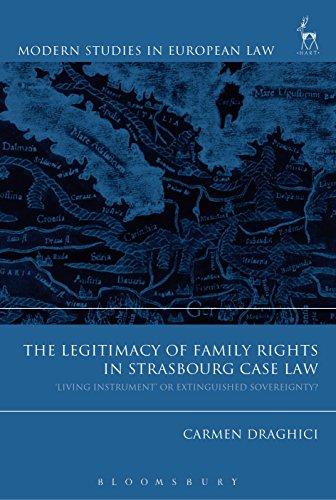Question
You run Custom Tees, LLC, a business in Tucson that does custom printing on apparel. You have decided to make the switch to fair trade
You run Custom Tees, LLC, a business in Tucson that does custom printing on apparel. You have decided to make the switch to fair trade and organic t-shirts, so you need a new supplier for your t-shirts. You have reached out to Good Earth T's for this purpose. Good Earth T's sent you some sample t-shirts and you are very happy with the quality, and would like to purchase an initial lot of 500 white t-shirts in varying men's and women's sizes.
Good Earth T's has promised t-shirts are made of ringspun cotton of at least 30 "singles" (like a thread count), 100% organic, and fair trade produced. They also promised to deliver shirts to your facility in Tucson within 10 days of placing an order. You agreed to pay $15 each for short-sleeve white shirts.
Good Earth T's sent you the attached proposed contract to sign. You must review it and make revisions if needed before signing. Warning: This proposed contract is drafted to be favorable to Good Earth, not you.
Identify the parties to this agreement including who is the seller and who is the buyer. Then, summarize its basic terms including: the consideration and payment terms. Are all of the agreed upon material terms correct in the proposed contract?
Once the agreement is signed, can the parties make changes to the contract at a later date? Explain, referring to contract law principles as well as any relevant paragraphs from the contract.
Does the contract address delivery of the goods and what happens if the seller is late in delivering the goods or services? Explain.
What happens if the buyer is late with the payment or does not pay for the goods? Does the seller have any rights or legal recourse against the buyer under this contract for late payments or non-payment?
Does the contract include any warranties on the sale of goods? If the goods are unsatisfactory and not up to the buyer's standards, is there any recourse against the seller? Which paragraph addresses this issue?
How does the seller limit their liability within this contract? Identify which paragraphs limit the seller's liability and explain how.
Since the seller and buyer are from two different states, which state's law will be used to interpret and enforce the contract? Which paragraph addresses this question?
Research the statute of limitations for breach of contract lawsuits in both Arizona and California. How long is the statute of limitations for each state? How is this time frame affected by the language in paragraph 6 of the contract?
Under the "Force Majeure" clause in paragraph 9, would COVID have excused seller's performance at the beginning of the pandemic? Why or why not?
How does the contract address dispute resolution? Does the contract require the parties to mediate or arbitrate? Where and how would disputes be settled and which party will pay for the legal expenses? What are the advantages and disadvantages (if any) to that?
Step by Step Solution
There are 3 Steps involved in it
Step: 1

Get Instant Access to Expert-Tailored Solutions
See step-by-step solutions with expert insights and AI powered tools for academic success
Step: 2

Step: 3

Ace Your Homework with AI
Get the answers you need in no time with our AI-driven, step-by-step assistance
Get Started


